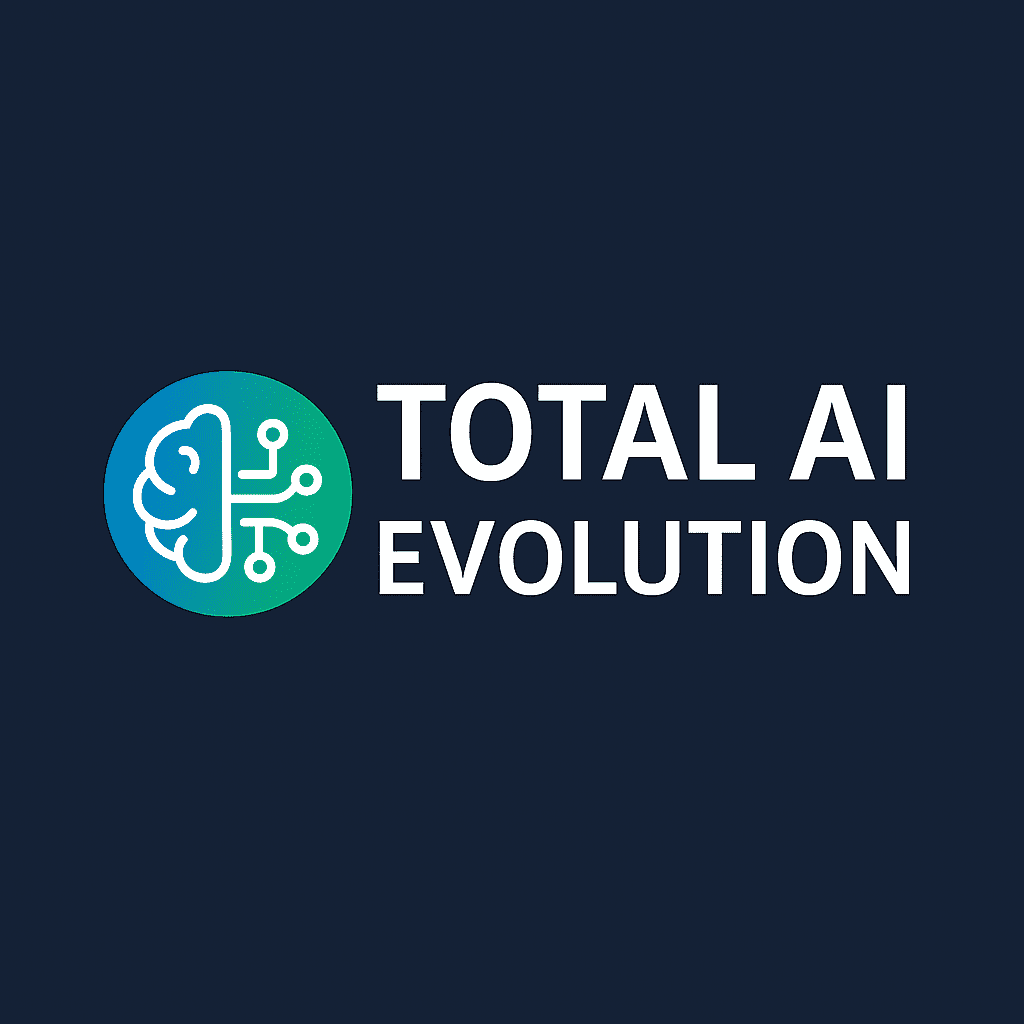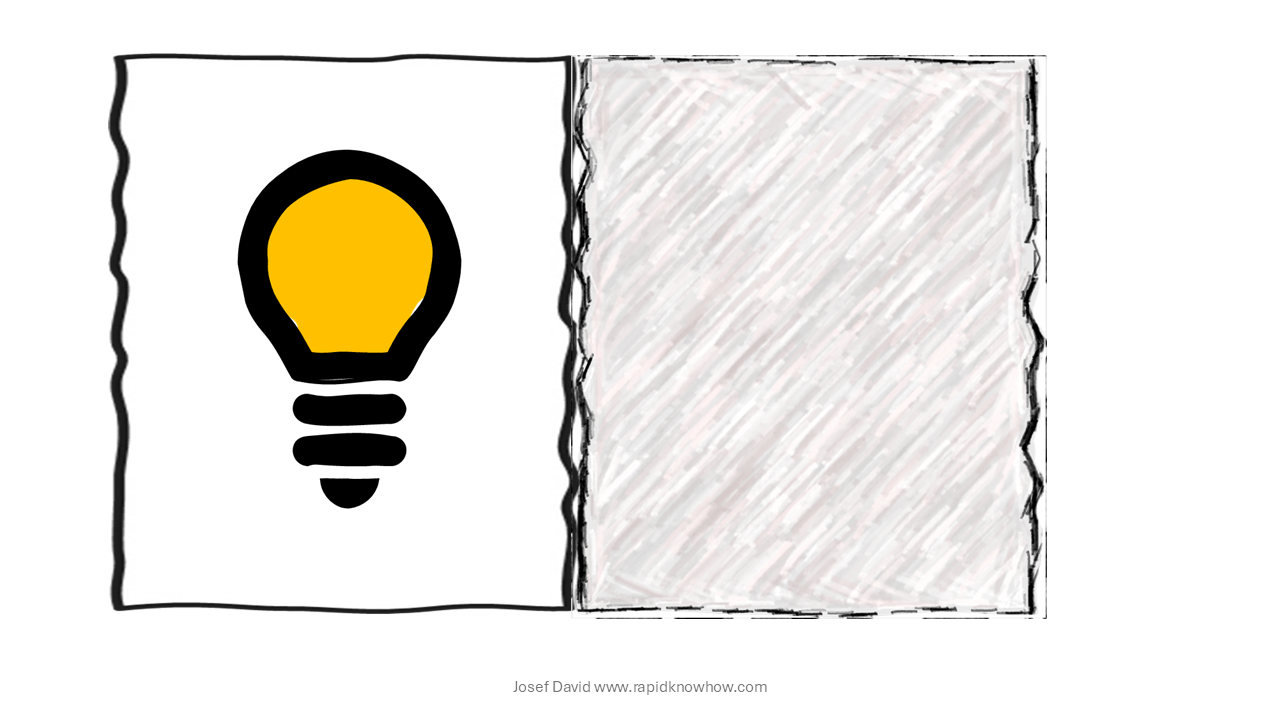🏛 I. Introduction
The European Union was not born as a bureaucracy.
It began as an economic peace project, a visionary architecture of cooperation, prosperity, and reconciliation.
But what began as Europe of Ideas gradually became Europe of Regulations.
Today, the greatest threat to the European Union is no longer external (Russia, China, migration, energy dependency).
It is internal:
The crisis of bureaucratic paralysis — a system that cannot decide, cannot adapt, cannot inspire.
The European Union may not end —
but the EU Bureaucracy, as we know it, will.
Not because it collapses — but because it will become irrelevant.
⚙ II. Why Bureaucracy Exists — and Why It Fails Now
Bureaucracy was historically created to ensure:
| Purpose of Bureaucracy | Real Outcome Today |
|---|---|
| Ensure fairness and equality | Produces slow, complicated processes |
| Create legal certainty | Creates legal overcomplexity |
| Govern large societies | Governs itself more than citizens |
| Protect citizens | Protects the system from the citizens |
🔍 Bureaucracy was designed to preserve order, not to create solutions.
And in a world of AI, speed, prediction, and real-time decision-making, slow-rule preservation becomes the enemy of progress.
📉 III. 10 Symptoms of the EU Bureaucratic Decline
| Symptom | Meaning |
|---|---|
| Regulation without implementation | Laws are passed, but don’t change reality |
| No single accountability | Everyone is responsible — so no one is |
| 10,000-page directives | Complexity replaces clarity |
| Strategy papers, no strategic actions | Plans without execution |
| Emotional exhaustion among citizens | Distance between EU and people widening |
| Paralysis in crisis | Pandemic, migration, defense, AI policy delays |
| Dependence on non-European tech & defense | Digital and security sovereignty lost |
| Administrations grow — but solutions do not | Expansion without transformation |
| AI policy built by lawyers, not innovators | Wrong expertise, wrong outcomes |
| Citizens trust AI more than institutions | Trust leaves bureaucracy |
💥 IV. Fundamental Truth:
Political bureaucracy cannot compete with intelligent, real-time systems.
AI analyzes problems in minutes,
while EU committees arrange meetings for months.
Citizens use private digital services for healthcare, finance, learning —
because public administration can’t deliver.
The bureaucracy is not ending because it’s wrong —
It is ending because it is too slow and too complex for the AI age.
🧠 V. The Three Forms of Collapse (How Bureaucracy Ends)
| End Type | What Happens | Example |
|---|---|---|
| 🧊 Implosion | It becomes irrelevant; ignored by citizens, replaced by platforms | UN, UNESCO |
| 🔥 Fragmentation | Member states bypass Brussels, form mini-alliances | Visegrad, Nordic/Baltic, MED9 |
| 🚪 Integration | Bureaucracy absorbed by new AI-governance systems | SmartGov, AI-assisted lawmaking |
The EU won’t collapse like an empire —
It will fade into the background, replaced by digital, data-driven, pragmatic governance models.
Not a revolution.
More like an administrative evaporation.
🔄 VI. What Replaces Bureaucracy?
The Rise of System-Based Governance
| Old EU governance | Emerging Governance Model |
|---|---|
| Documents | Data |
| Rules | AI-optimized decisions |
| Committees | Digital citizen participation |
| Static treaties | Adaptive frameworks |
| Legalism | Ethical pragmatism |
| Ursula & technocrats | Citizen Intelligence Systems |
Instead of 10,000-page regulations,
we will see AI-assisted legislation:
- Dynamic, continuously updated
- Real-time feedback-based
- Including citizens and businesses
- Transparent & explainable
Governance is shifting —
From bureaucratic control → to intelligent coordination.
🔍 VII. The 5 Forces Making EU Bureaucracy Obsolete
| AI-Age Force | Effect on Bureaucracy |
|---|---|
| Predictive AI | Policy must be adaptive, not static |
| Platformization | Governance shifts from governments to digital infrastructures |
| Citizen-to-System Communication | Citizens bypass institutions |
| Data Sovereignty | Real power is held by tech platforms (Apple, Alibaba, Google, etc.) |
| Real-Time Legitimacy | Weekly trust levels replace 4-year elections |
🛑 Bureaucracy cannot survive in a world of
real-time relevance, behavioral trust, public dashboards, and AI-assisted decision-making.
👥 VIII. The Emotional End: Citizens Abandon Bureaucratic Legitimacy
Empires fall when citizens stop believing.
Bureaucracies end when citizens stop expecting solutions from them.
- Citizens don’t ask the EU for healthcare innovation — they trust Apple Health.
- Businesses don’t ask the EU for industrial AI strategy — they go to NVIDIA, AWS.
- Students don’t rely on ministries — they rely on Coursera, ChatGPT, Google.
When expectation leaves, legitimacy follows.
When legitimacy leaves, systems empty out.
The EU bureaucracy will still exist —
But as a ghost framework: formally in place, functionally bypassed.
🚀 IX. What Will Remain?
Three things will survive — everything else will transform.
| Will Fade | Will Survive | Will Emerge |
|---|---|---|
| Bureaucratic institutions | Rule of Law, democratic values | AI-assisted governance |
| Traditional parties | Civil rights, accountability | Citizen Intelligence Networks |
| Policy papers | Ethical principles | Real-time policy dashboards |
| Centralized decision | European identity | Decentralized smart governance |
Europe will survive.
European identity will survive.
Only its slow administrative form will not.
🧭 X. What Comes AFTER Bureaucracy?
| New Form | What it means |
|---|---|
| SmartGov Europe | Data-driven real-time governance |
| Citizen Intelligence Networks | Digital democratic engagement |
| AI Legislative Systems | Evidence-based adaptive laws |
| Public-Private Value Networks | Industry + AI + Government coalitions |
| Service Europe | Europe as a platform — not an institution |
Europe stops being a parliament of administrators —
and becomes a strategic platform for value, identity, and innovation.
🧩 XI. Final Strategic Principle
Bureaucracy is an invented form — not an eternal one.
It served well in the 19th and 20th centuries.
It will not survive the 21st.
Those who protect EU bureaucracy will lose.
Those who build SmartGov Europe, data-driven public frameworks & Citizen-AI Interactions
will shape the next form of Europe.
Europe will not die.
Only one of its versions will. – Josef David





